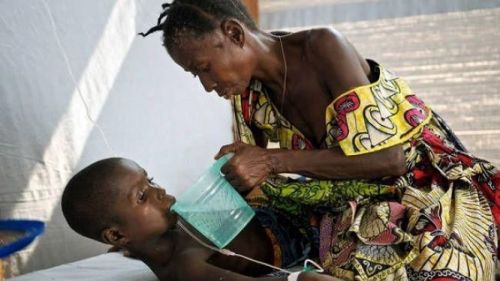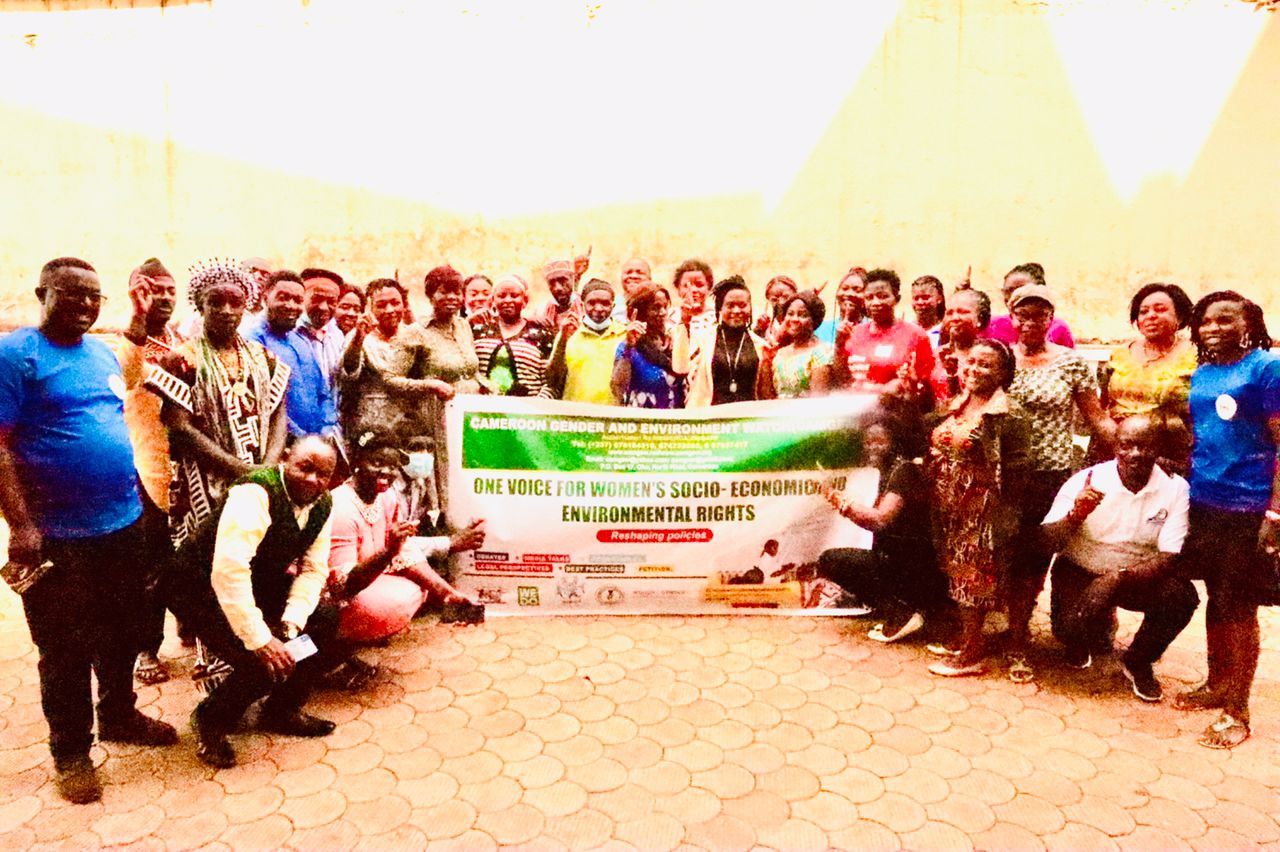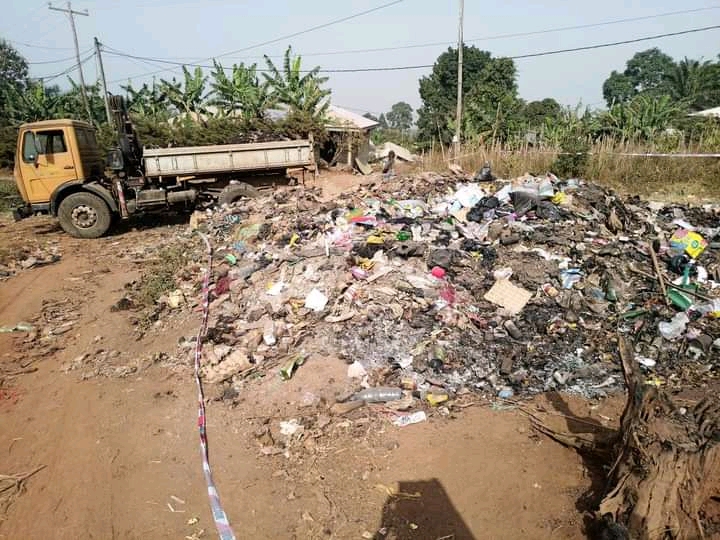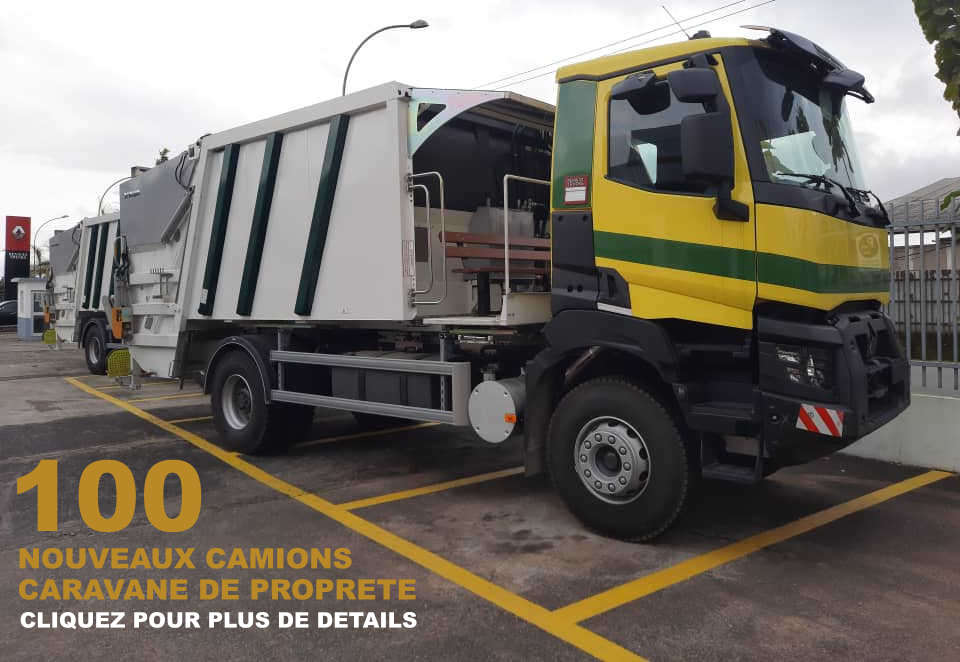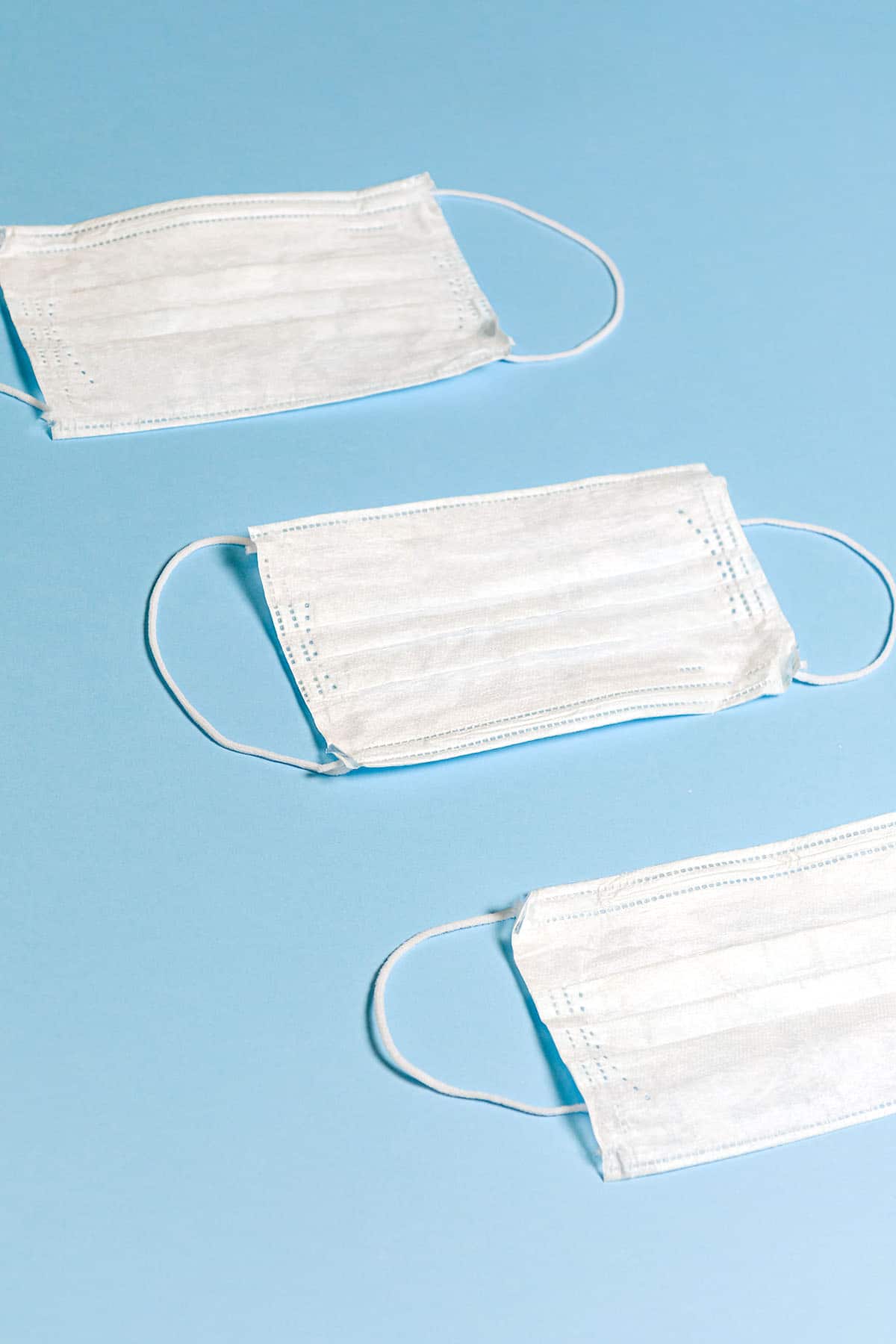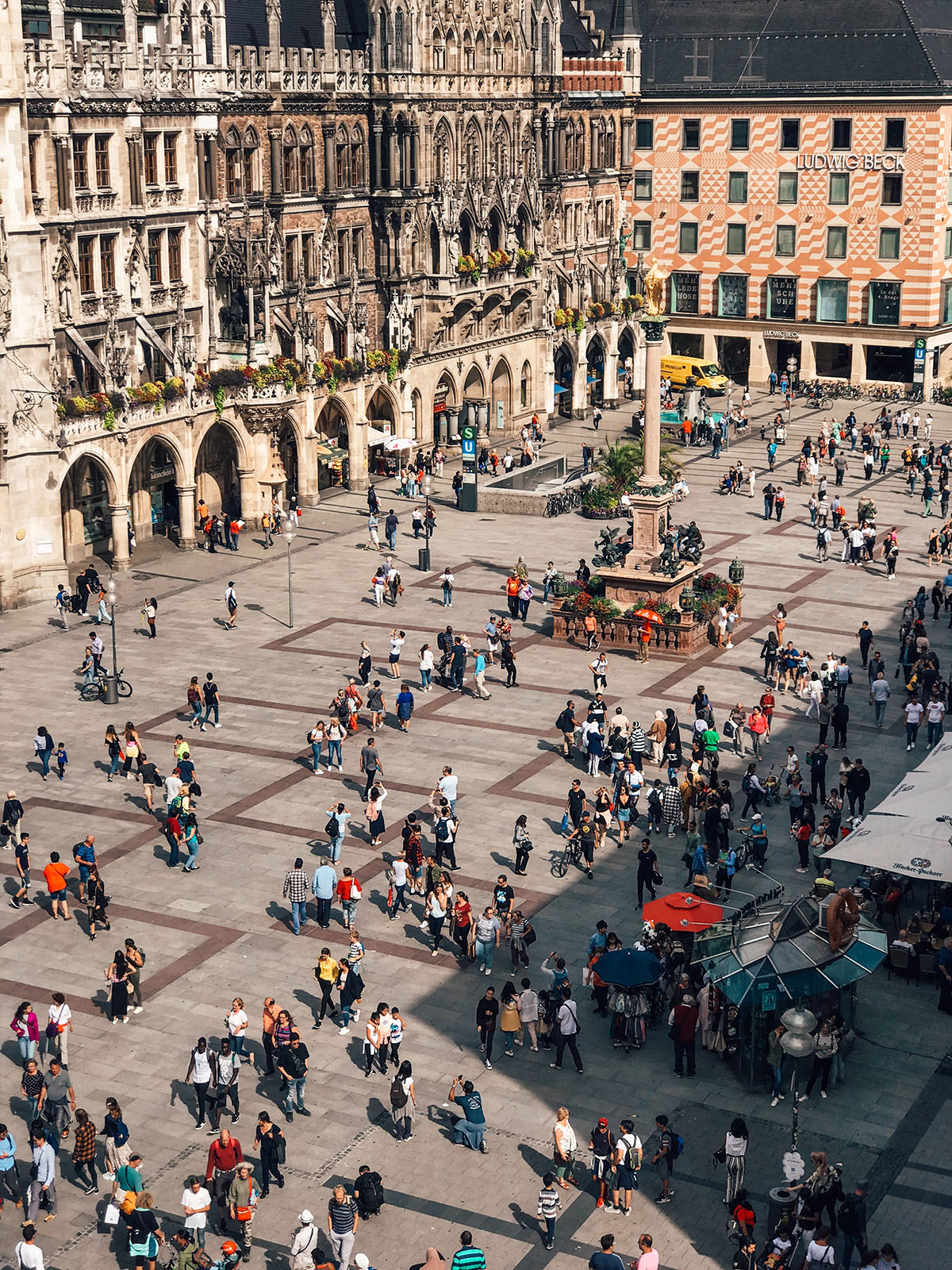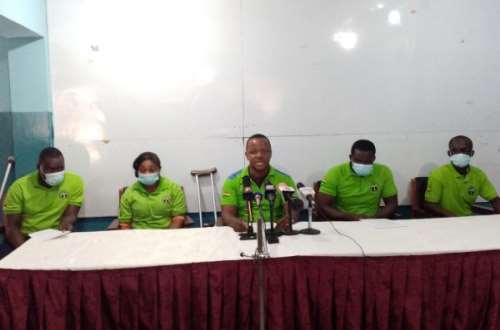By Edoue Valentine, in Buea
The rate of drilling and consuming borehole water in Cameroon’s South West regional capital, Buea has drastically risen due to continuous increase in population and urbanization.
One of the major problems faced by mankind is the constant growth of human population which has led to the destruction of many natural biodiversities as they create new settlement areas.
Due to an increase in population, natural resources such as water is becoming limited, and as such, inhabitants of the region are forced to look for an alternative source to meet their demands.
The drilling of boreholes in the region for water consumption is now an alternative to handle water scarcity in the region in particular and Buea in particular.
Some areas in which these boreholes are being drilled are extremely of poor hygienic conditions; making water treatment obligatory before its consumption.
Although this water serves different purposes, locals in the region also drink without any proper treatment due to ignorance of the repercussion.
“We have been consuming this water for more than 1 year now and we find nothing wrong with the quality,” a woman revealed to TWIF NEWS.
People’s judgment might be limited only to the colour, taste, and scent of water.
But is tasteless, colorless, and scentless water potable and suitable for the human system?
The immediate health effect of consuming untreated borehole water seem minimal but has potential health impacts which are quite devastating.
Some long-term impacts could include Typhoid, Cholera, and to a greater extent death, if the borehole is located in an area that contains poisonous chemicals.
The remedy for this long-term impact of consuming untreated borehole water is ensuring that water is treated either by filtering and boiling or the use of disinfectants such as Aquatabs, medics have cautioned.

